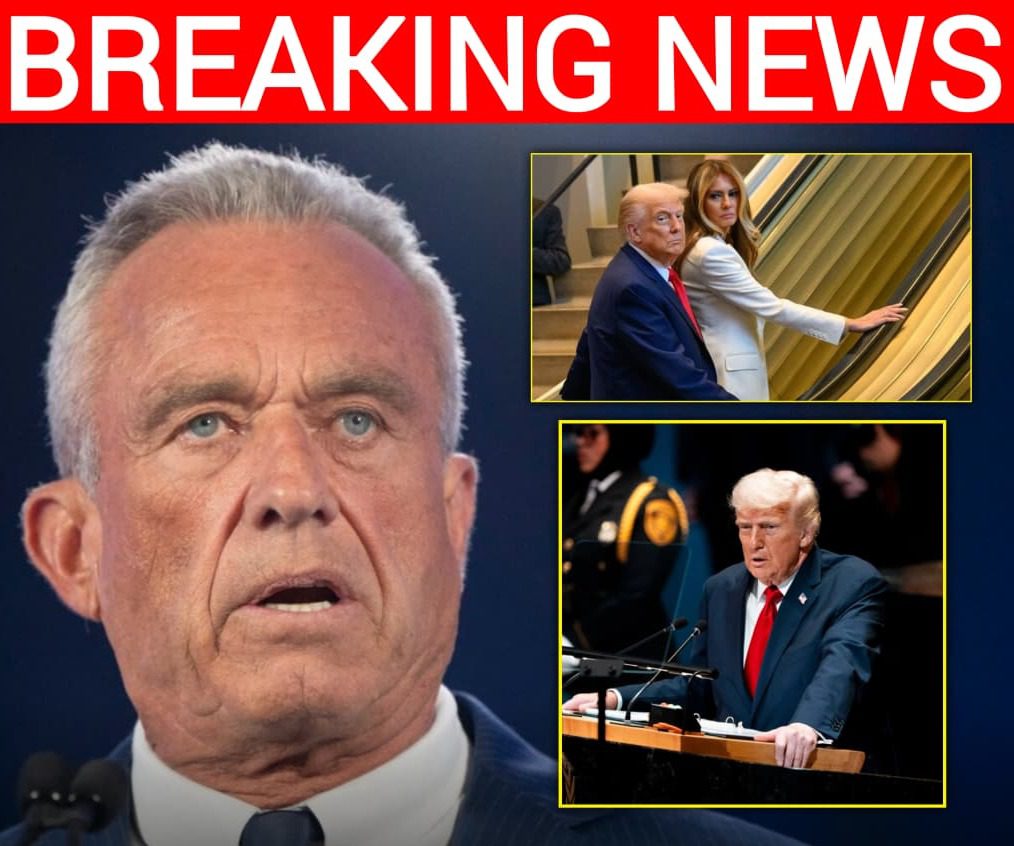Trump Administration RFK Jr. Official Assaulted in UN Bathroom by Deranged Attacker, Exposing Massive Security Failure During Trump’s Speech Week
It was supposed to be just another week at the United Nations, one of the most secure international venues in the world, but what happened on September 25, 2025, has now raised serious questions about whether the UN is capable of protecting even the most basic standards of safety. Reports confirmed by Fox News and BBC reveal that a senior official in the Trump administration, serving under Health and Human Services in coordination with RFK Jr., was physically assaulted inside a bathroom at the UN by what authorities described as a “deranged leftist.” The attacker not only followed the official into a private area but also recorded, assaulted, and verbally accosted them before being subdued and later arrested.
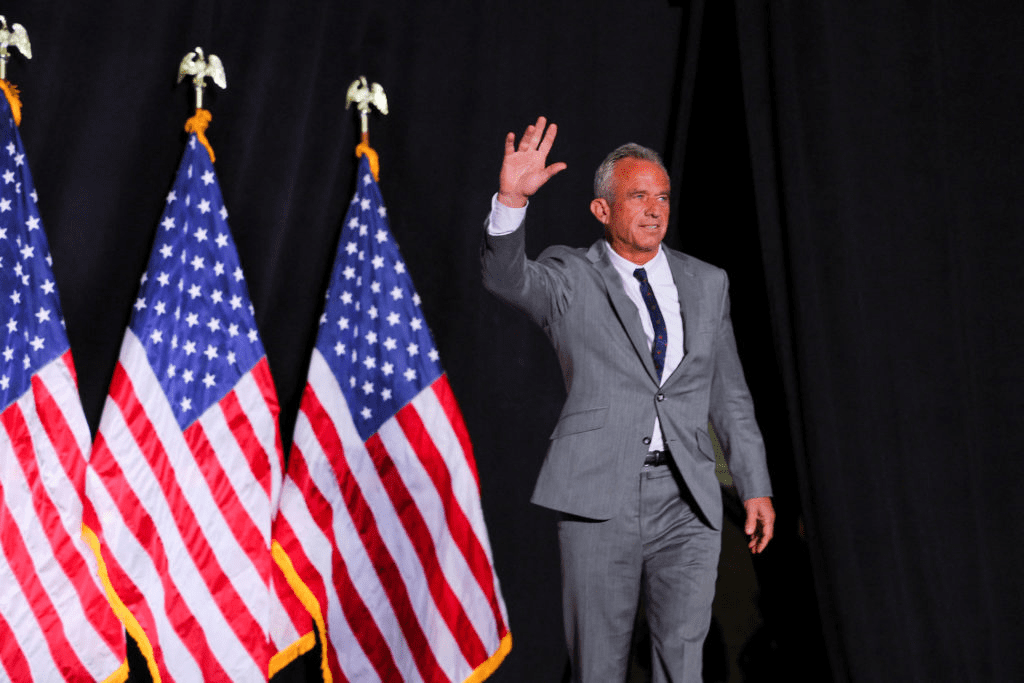
The story sounds almost unbelievable, but it is all too real. According to White House Deputy Press Secretary Anna Kelly, the assailant managed to bypass multiple layers of UN security, which are typically among the most stringent in the world. Entry to the UN headquarters in New York City requires passes, badges, screening, and verification through multiple checkpoints. And yet somehow, this individual managed to infiltrate the venue, target a U.S. government official, and carry out an attack inside a bathroom, all while evading the supposed safeguards.
Kelly did not mince words in her statement. She called the incident part of a “disturbing and dangerous set of failures by the UN” and linked it to earlier episodes during the same week, including technical disruptions during President Donald Trump’s speech to the General Assembly. According to the BBC, Trump’s speech was marred by audio failures and unexplained delays that some in his circle viewed as intentional sabotage. Whether or not that is true, the fact that another major lapse followed so closely after casts an even darker shadow over the UN’s operations.

Thankfully, the official who was assaulted is safe, though understandably shaken. The attacker was immediately detained and described as someone with extremist political leanings. This fits into a larger trend identified in a 2023 study by the National Institute of Justice, which reported a 15 percent rise in politically motivated assaults in the United States over the past several years. What was once seen as isolated acts of political violence now appears to be part of a broader pattern, and the fact that it has now spilled over into the international arena is alarming.
The UN has always held itself up as a neutral platform for dialogue and peace. But how neutral and safe can it be when such an incident occurs within its own walls? The bathroom attack highlights not only a shocking lapse in basic physical security but also raises doubts about the vetting process for individuals admitted into the building. If someone with dangerous intentions can slip past multiple checkpoints and reach a U.S. official, it is not unreasonable to wonder what else might be possible. Could they have reached a head of state? Could they have smuggled in something worse than a camera or their fists? These are not far-fetched questions—they are the kinds of scenarios security agencies are paid billions to prevent.
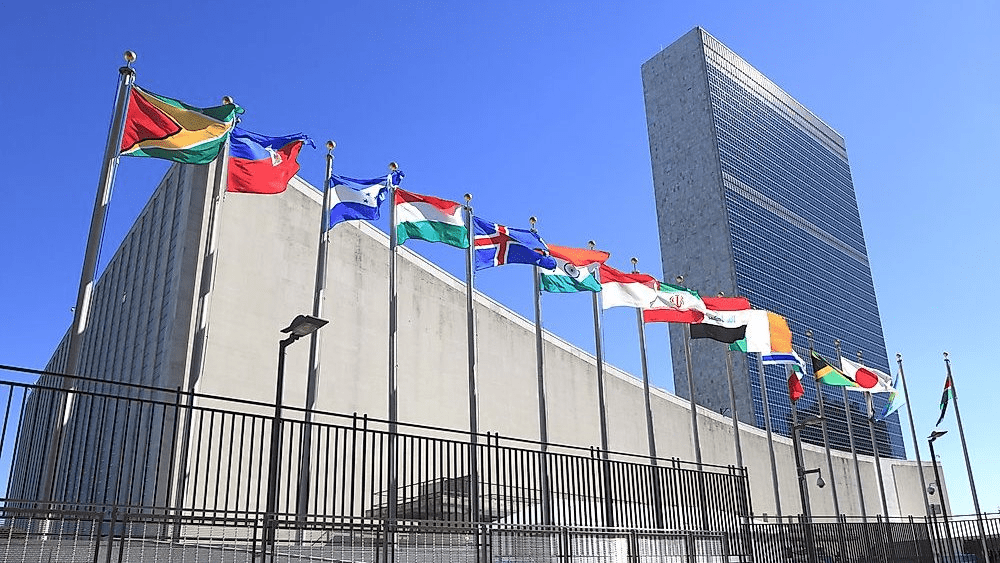
That point is critical. In 2025, the UN General Assembly approved a massive $3.2 billion budget allocation specifically for safety and security improvements. That budget was supposed to enhance surveillance, strengthen checkpoints, and ensure that lapses of the kind we saw in the past could never happen again. And yet here we are, discussing how a political extremist found their way into a restricted area and physically assaulted a government official under the watch of the United Nations. What exactly was that money spent on? Was it mismanaged? Was it allocated to optics instead of real protections? These are questions the UN will now have to answer not only to member states but also to the public.
For Trump’s team, the incident is more than just a frightening close call—it is part of a narrative of sabotage and incompetence that they say has plagued his appearances on the global stage. The bathroom assault came just after the sabotage claims around his General Assembly address, making it hard for his supporters to believe it was simply a coincidence. Whether one views it as a conspiracy or a failure of basic oversight, the bottom line remains: the United Nations failed to protect those inside its own walls, and a U.S. official paid the price.
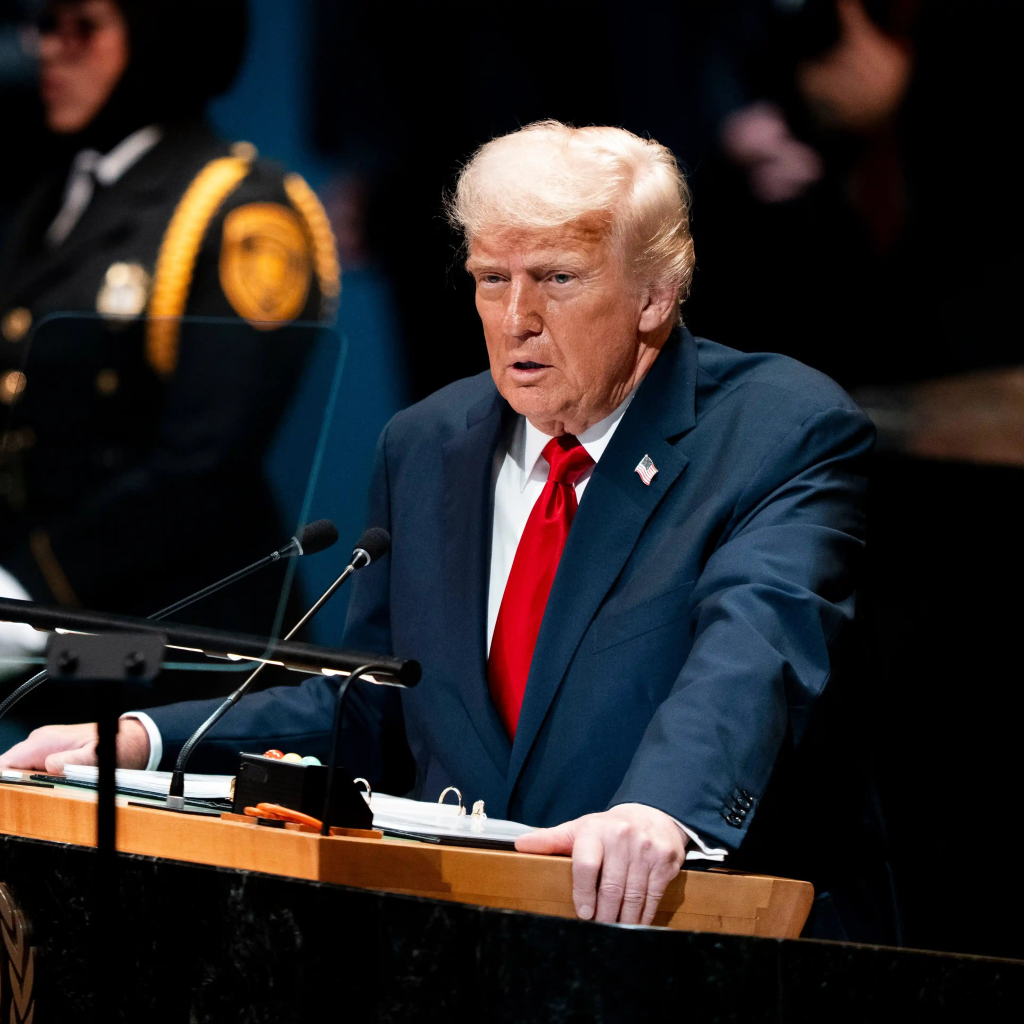
It is worth remembering that the UN has seen security breaches before, though rarely to this level of seriousness. Small protests, unauthorized entries, or attempts to disrupt sessions have happened in the past, but this is different. This was a physical assault, carried out in private, against an American government official, during one of the most high-profile weeks of the UN calendar. That makes it not just a minor breach, but a symbol of deeper vulnerability.
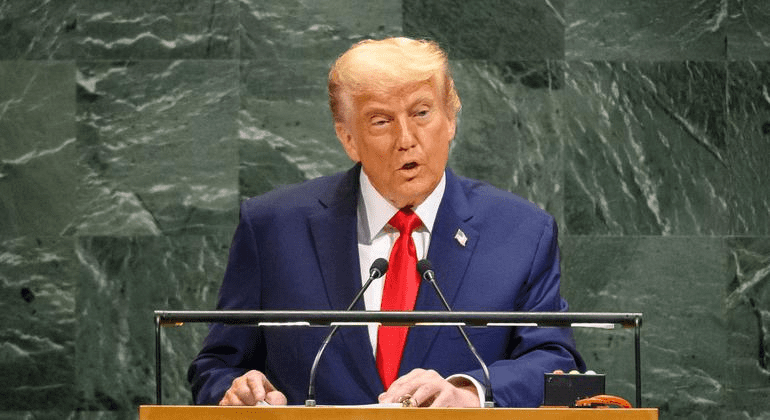
There is also the human angle to this story. The official who was targeted has not been named publicly, likely for security reasons, but they were reportedly left shaken and traumatized by the ordeal. Being followed into a restroom, assaulted, and filmed by a political extremist is not something anyone should ever have to experience, let alone someone serving in a senior government capacity at a venue that promises world-class security. The violation of personal safety, the humiliation of being recorded during the assault, and the reality that it happened under the nose of UN security only add to the emotional toll.
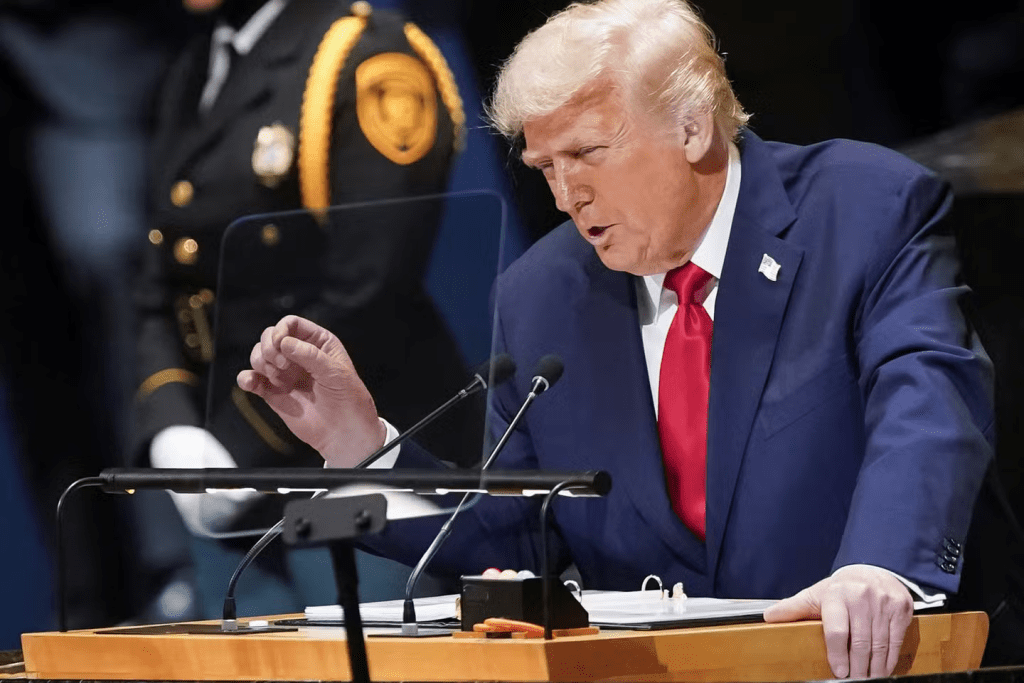
In the aftermath, calls for accountability are growing louder. The U.S. delegation has already demanded a full investigation, and there are reports that the State Department is reviewing protocols for American officials attending international events. If the UN cannot guarantee their safety, the U.S. may be forced to send fewer representatives or take its own additional security measures, which would only highlight how little confidence remains in the UN’s ability to uphold its responsibilities.
This story also fits into a wider context of declining trust in international institutions. In an era of heightened political polarization, global organizations like the UN are under more scrutiny than ever. Incidents like this only deepen suspicions that these bodies are failing to live up to their promises of neutrality, safety, and fairness. Whether one is supportive of Trump or not, the fact remains that the United Nations failed to protect a guest within its walls, and that failure has consequences.
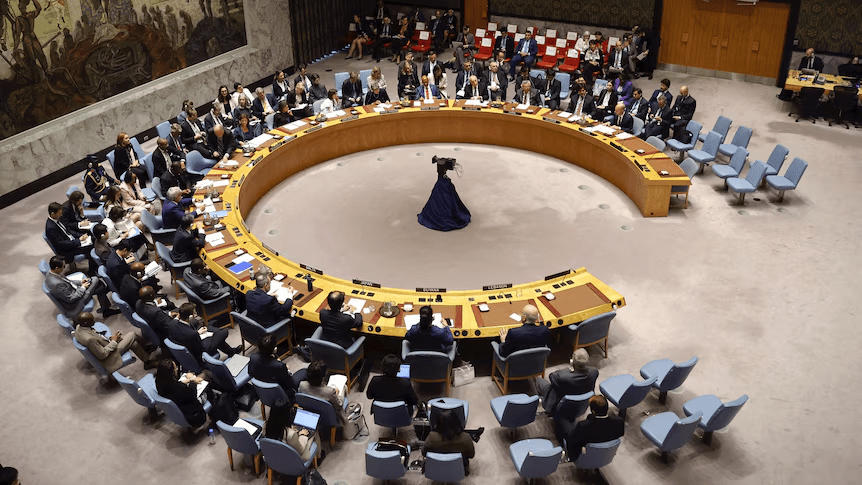
As we reflect on this incident, it is important to remember the stakes. Political violence is not just about the individual victims, though their trauma is real and lasting. It is about the erosion of trust in the very institutions that are supposed to provide stability and peace. If the United Nations cannot even keep a bathroom safe, how can it be trusted to keep the world safe? That is the uncomfortable but unavoidable question that arises from this week’s shocking events.
The bathroom assault on a Trump administration official may go down as one of the most embarrassing security failures in the UN’s recent history. It is not just a headline—it is a wake-up call. The world’s eyes are on the UN now, and unless real accountability and reform follow, this episode will serve as yet another example of an institution adrift, unable to protect the very people it is meant to serve.
